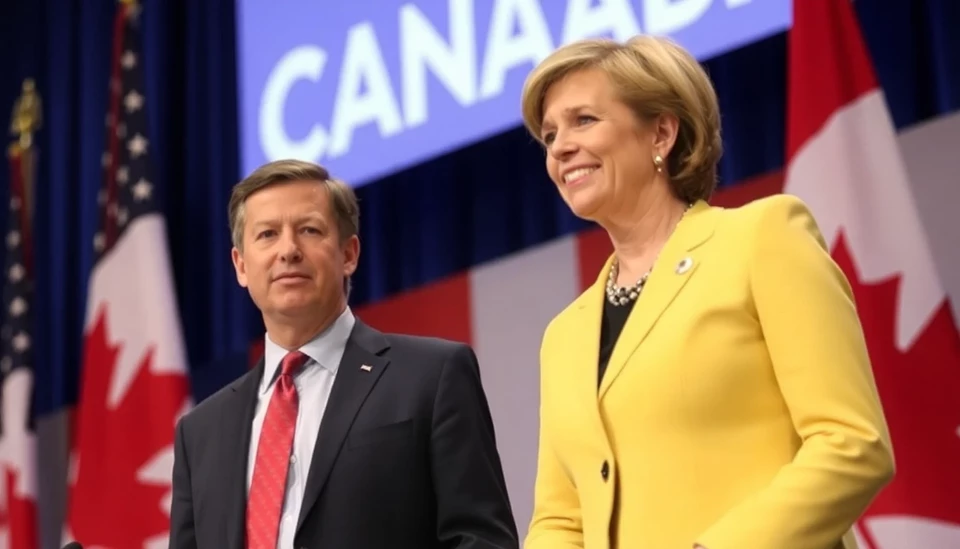
In a significant update to the Temporary Foreign Worker Program (TFWP), Canada has officially raised the minimum income threshold for its High Wage Stream. This change, which took effect on October 16, 2023, is aimed at ensuring that foreign workers are compensated at levels that align more closely with Canadian wages, reflecting the ongoing demand for skilled labor across various industries.
The new annual income requirement has increased from CAD 51,000 to CAD 56,000, impacting numerous sectors that rely heavily on foreign labor, including hospitality, agriculture, and technology. By elevating the wage floor, the Canadian government seeks to attract a higher caliber of workers while providing a better standard of living for those who come to work in the country.
Critics of the program have long argued that the previous wage levels were inadequate, potentially leading to the exploitation of foreign workers. The increase in the minimum income requirement is seen as a positive step towards addressing these concerns and promoting fair compensation practices within the labor market.
The Ministry of Employment, Workforce Development and Disability Inclusion announced the change, highlighting the government’s commitment to ensuring the program remains beneficial both for workers and the Canadian economy. The updated income threshold is particularly pertinent given the current labor shortages that have been exacerbated by the pandemic and ongoing demographic shifts in the Canadian workforce.
By implementing these changes, the Canadian government hopes to create an equitable hiring environment that both safeguards workers' rights and meets the pressing demands of employers. The move aligns with broader strategies aimed at balancing labor demands while supporting domestic hiring initiatives.
Employers who plan to utilize the TFWP must now adjust their compensation offers to meet these new standards, which may lead to increased operational costs. However, many businesses recognize the necessity of attracting skilled talent and are preparing to align their wage offerings accordingly. In the long run, adjusting pay structures could foster greater loyalty and reduce turnover among foreign workers, contributing to overall workforce stability.
As Canada continues to evolve its approach to temporary foreign labor, the government is also exploring additional measures to streamline the application process for employers and to improve the overall experience for foreign workers. This indicates a proactive approach to labor market challenges and an acknowledgment of the crucial role that foreign workers play in sustaining key sectors of the Canadian economy.
In conclusion, Canada's increase in the minimum income requirement for the Temporary Foreign Worker Program’s High Wage Stream represents a critical advancement in labor standards and worker rights. As the labor market grapples with persistent shortages and evolving economic conditions, efforts to attract and retain skilled international workers through fair compensation policies remain paramount to fostering a robust and equitable labor environment.
#Canada #TemporaryForeignWorkerProgram #HighWageStream #LaborMarket #ForeignWorkers #EmploymentPolicy #WorkforceDevelopment
Author: Rachel Greene




